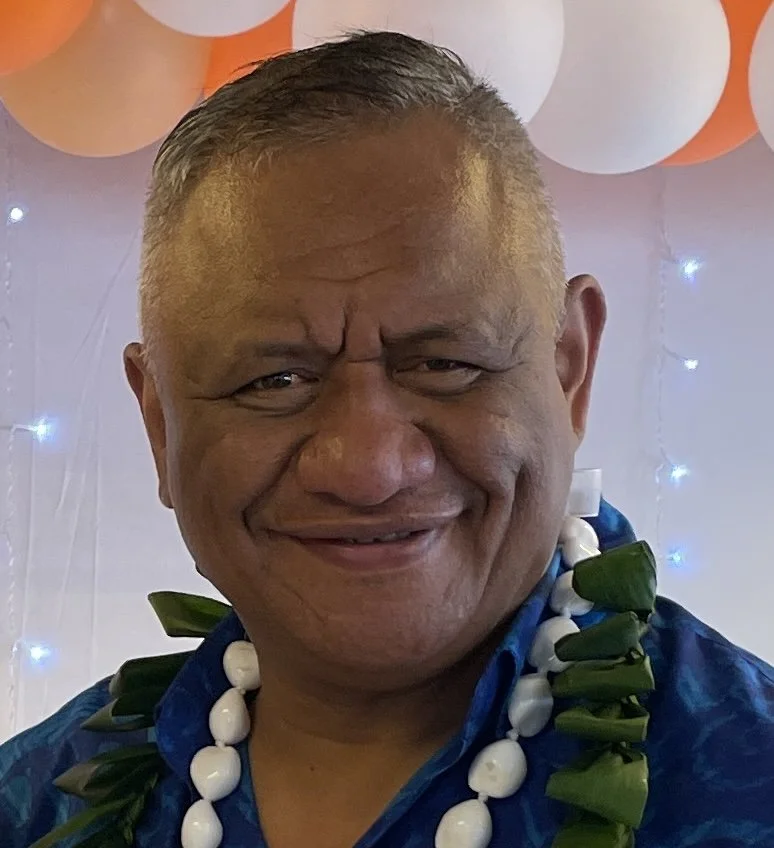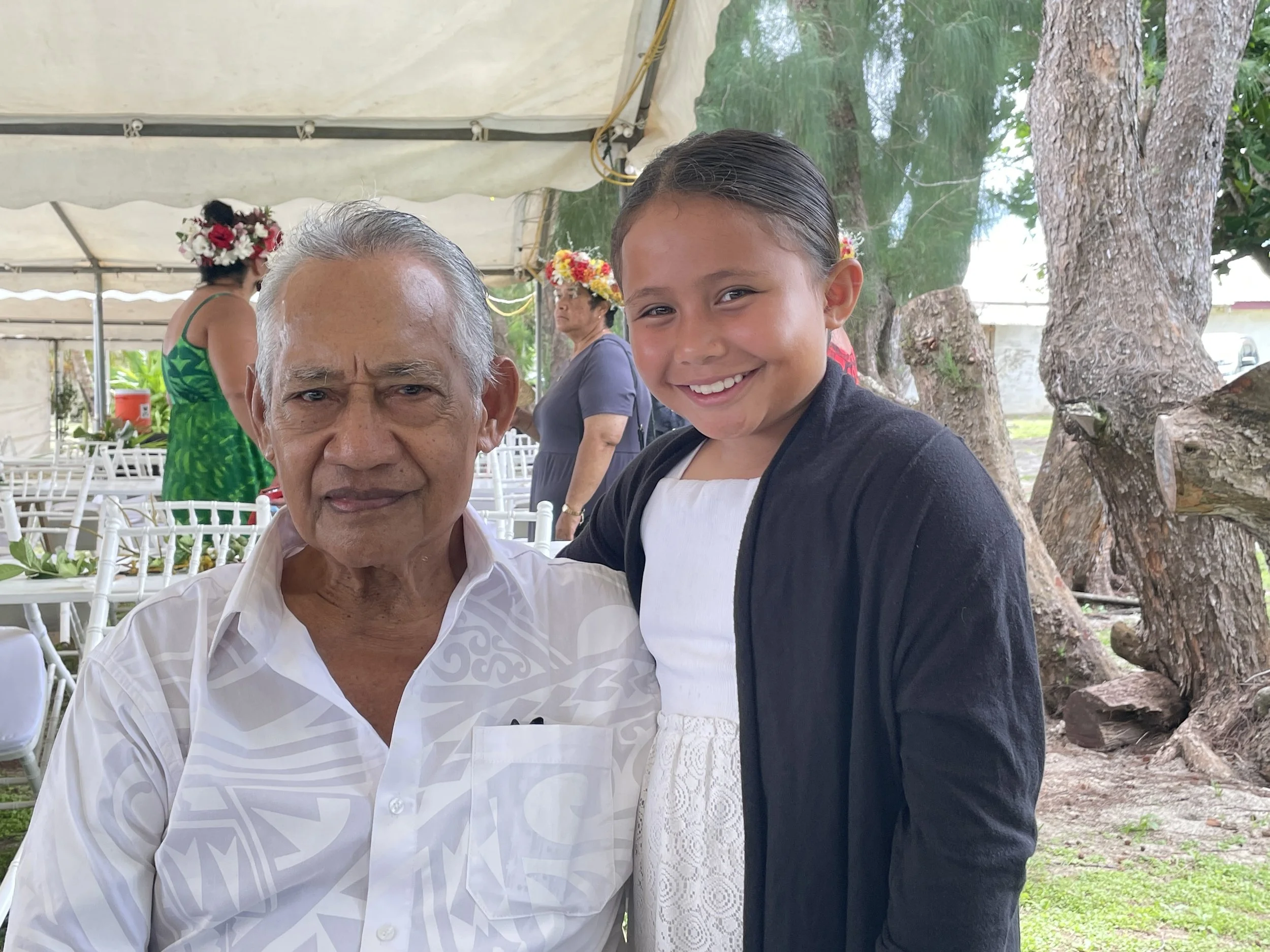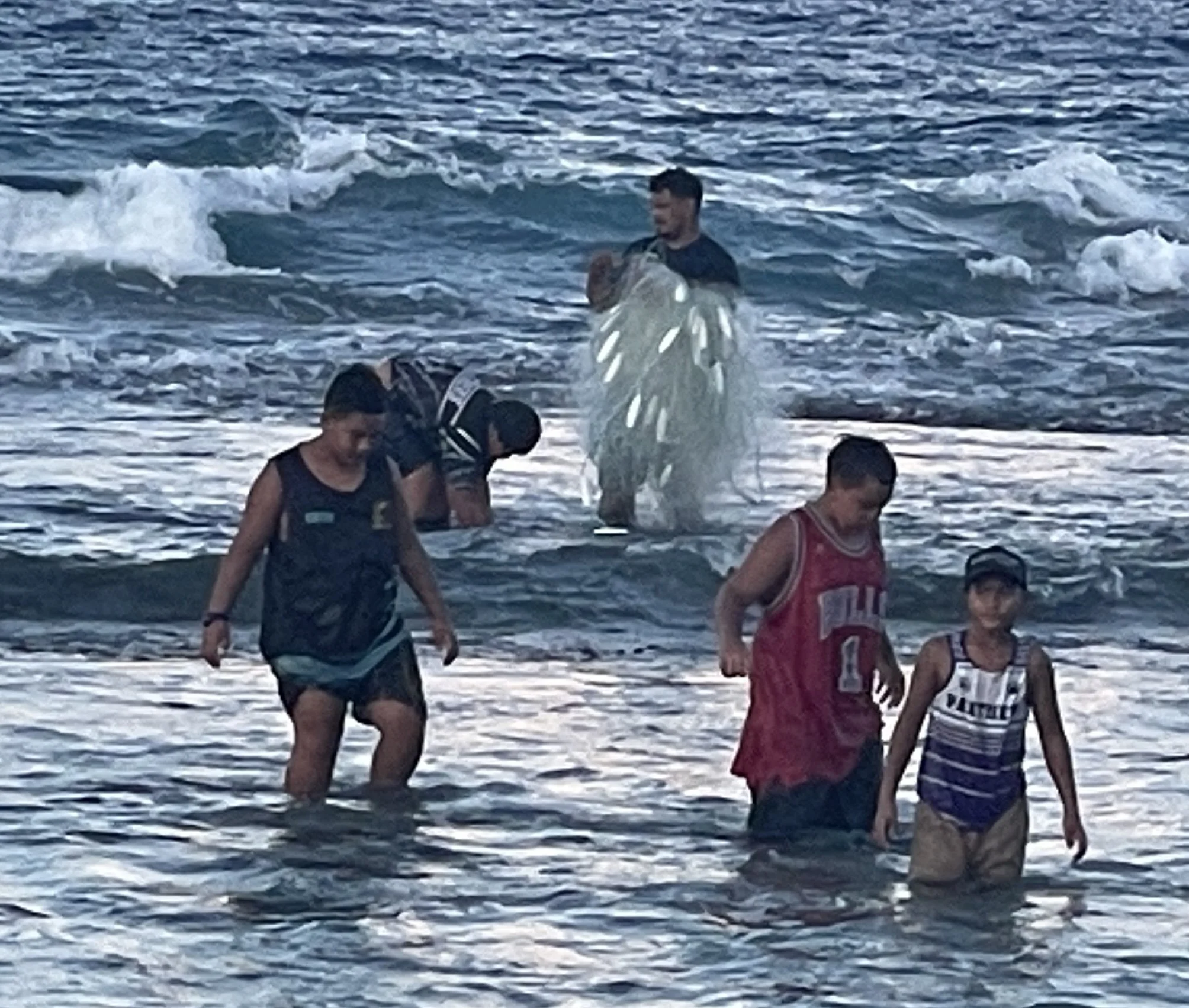Cook Islands Language Week with Tauraki Rongo
Kia orana Tauraki, can you please tell us a little bit about yourself?
My name is Tauraki Rongo, born and grew up on Rarotonga. At the moment I work as the producer of PMN Cook Islands at Pacific Media Network. I also work as the Language Lead at Cook Islands Development New Zealand CIDANZ. I can confidently say that I grew up with most of my time in the Taro plantations and fishing the lagoons and reefs on north-west side of the Island. My career includes a few years teaching Maths and Science at Tereora College, Television and Radio Broadcasting with Cook Islands Broadcasting, Environment Management with the Cook Islands National Environment Service. I had a few years with the Auckland Museum Pacific Education team and a couple of years coaching St Pauls First IV. Was also the President of the Cook Islands Rugby New Zealand CIRNZ organization for the last four years. I’m a Seventh Day Adventist.
Tell me a little bit about the Cook Islands and where your fanau hails from.
The Cook Islands is a group of fifteen Islands with three uninhabited islands. The islands spread over an area of 2 million square kilometers of ocean, where the island are divided into the Northern and the Southern group islands. Among the twelve islands, there are six dialects along with the Pukapukan language and, according to our Constitution as long as I can recall unless its been changed, English is also one of our languages.
I am a bit of a Cook Islands fruit salad with some spices, where my mother comes from Rarotonga on her mother’s side, Mauke, Tahiti and a bit of Chinese on her father’s side.
Dad comes from Mauke, Atiu and Mitiaro on his father’s side, and form Manihiki and Rakahanga on her mother’s side.
What makes the Cook Islands so special, and unique among the Pacific Islands?
I’m not too sure about the other Pacific Islands countries, but through our heritage, we own the land under the Cook Islands Land tenure system.
Each family have their own history how they became landowners. This is what needs to be passed down through the generations besides the genealogy. When the Europeans arrived the land court was introduced where occupation right and lease was used to secure loans. Somehow, with economic development today, land ownership is slowly changing where banks are slowly transferring ownership, although temporary through loans security. Our people are easily enticed to apply for loans for things like motor vehicles and many have left the island to supposedly work to pay off the loan. The come here but only to find out that living in New Zealand has its own challenges. So, they are stuck here their loan or mortgage have been sold to families but mostly to foreigners. Although we don’t sell lands in the Cook Islands, this leasing system has just offered another pathway towards selling.
It’s Cook Islands Language Week - tell me about the Cook Islands language and why it’s important to you to celebrate it.
It’s important to celebrate the fact that we have a language, but for me, it’s more important to wake up and realize that we are losing the language and we can look at ways to bring it back. Language Week should be used as an opportunity to promote the importance of the language, thereby encouraging the non-speakers to learn it.
What are some of the misconceptions about Cook Islands?
That Captain Cook discovered the Cook Islands. Our ancestors were already on these islands when he arrived. It has to be made clear today and the future that he was the first European to arrive in the Islands. The Islands being named after him is unfair to our ancestors, as though they don’t count. Something has to be done about the name of the country.
What do you want people to know about the Cook Islands and being a Cook Islander?
The Cook Islands is beautiful place and, at this stage as a Cook Islander, you still have ownership. You can actually call it home, so be proud and hold onto it.
What celebrations happen for Cook Islands Constitution Day?
Constitution Day has always been celebrated with a cultural performing arts competitions. This year we have Kapa Nui happening at the Vodafone events center in Manukau on Saturday 6 August (click here to find out more).



